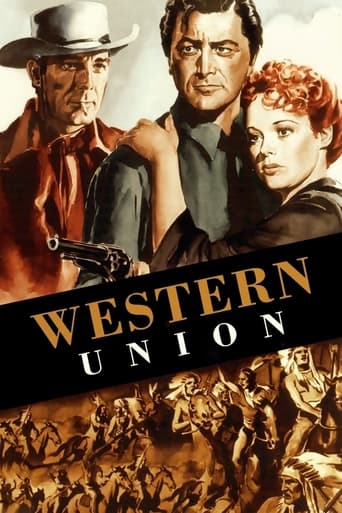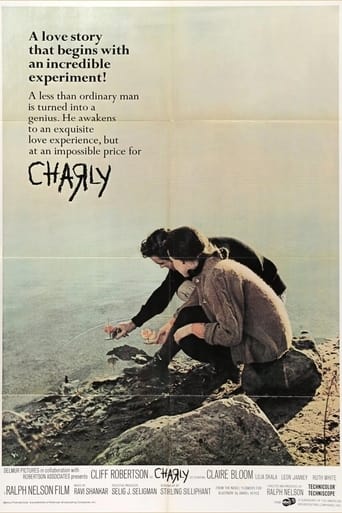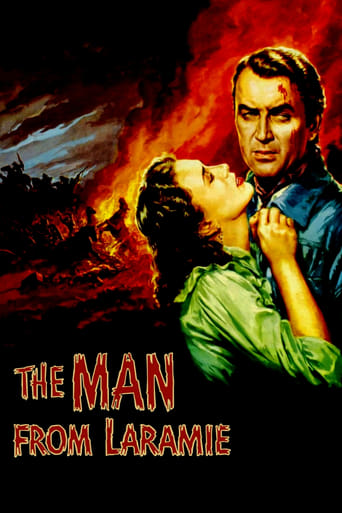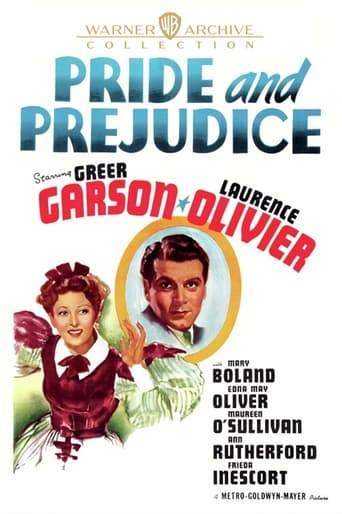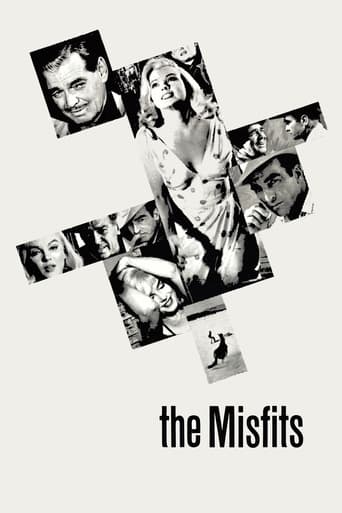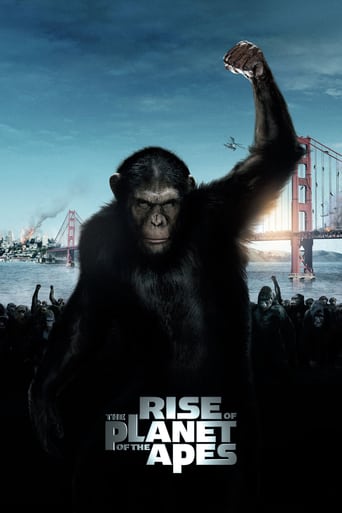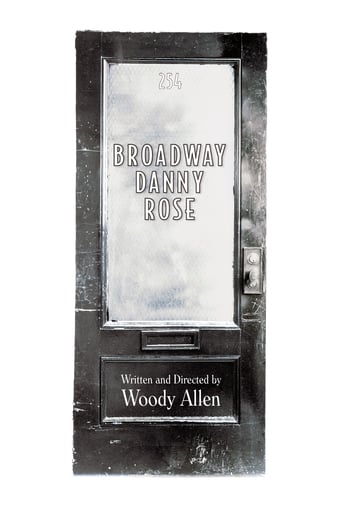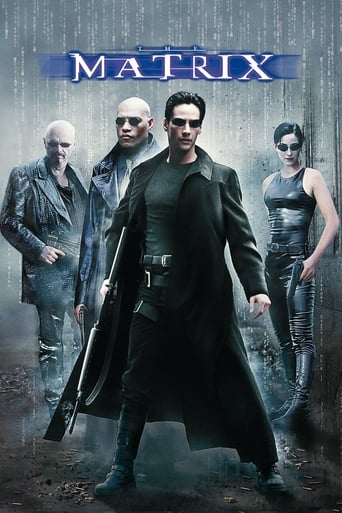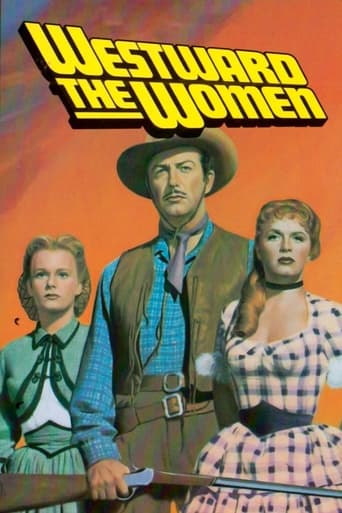


Westward the Women
There's a deficit of good, honest women in the West, and Roy Whitman wants to change that. His solution is to bring a caravan of over 100 mail-order brides from Chicago to California. It will be a long, difficult and dangerous journey for the women. So Whitman hires hardened, cynical Buck Wyatt to be their guide across the inhospitable frontier. But as disaster strikes on the trail, Buck just might discover that these women are stronger than he thinks.
-
- Cast:
- Robert Taylor , Denise Darcel , Hope Emerson , John McIntire , Julie Bishop , Lenore Lonergan , Henry Nakamura


Similar titles
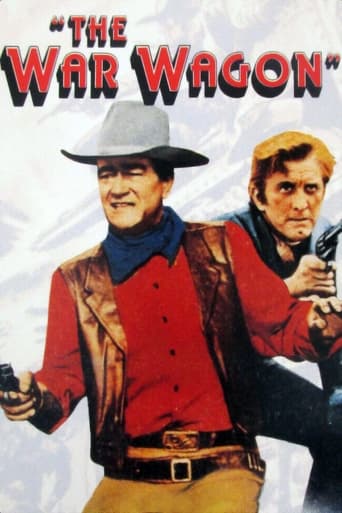
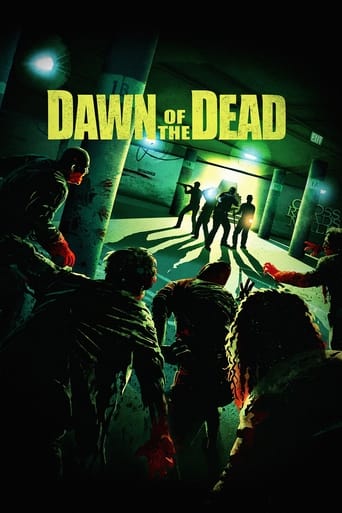

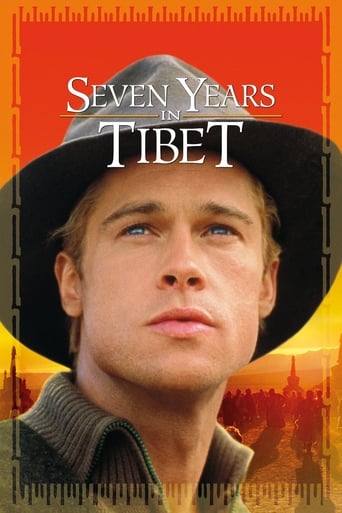
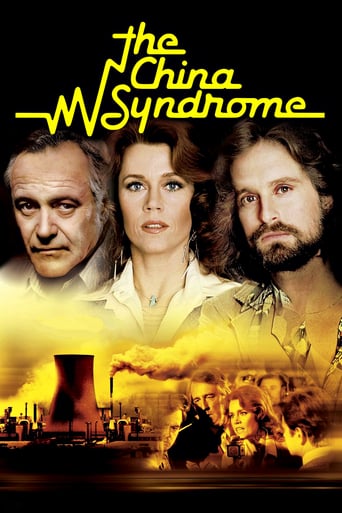
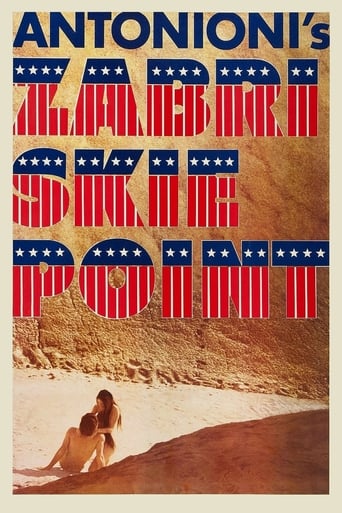

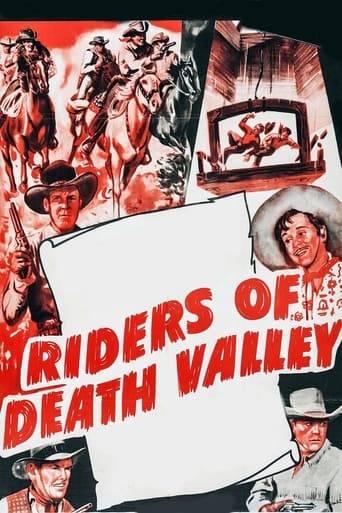
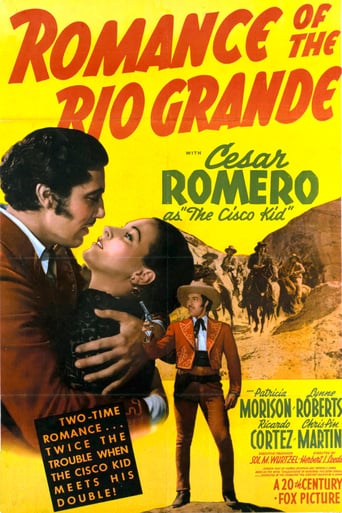
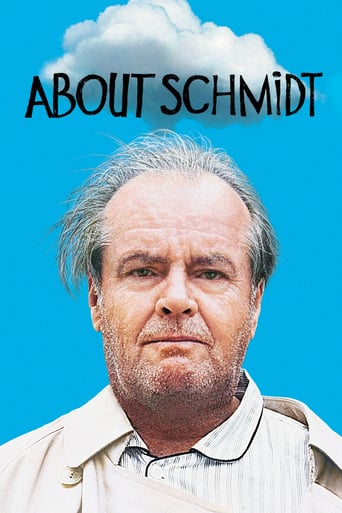
Reviews
the audience applauded
So much average
Best movie of this year hands down!
Story: It's very simple but honestly that is fine.
Westward the Women is directed by William Wellman and adapted to screen by Charles Schnee from a story written by Frank Capra. It stars Robert Taylor, Denise Darcel, John McIntire, Hope Emerson, Julie Bishop and Henry Nakamura. Music is by Jeff Alexander and cinematography by William Mellor.A most important Western, one that demands to be seen by lovers of the genre. Plot finds Taylor tasked with escorting over 100 women from Chicago to California, their goal is to find marital harmony at Whitman Valley. They must overcome extreme conditions, from that of the natural terrain, hostile invasions, and inner fightings via passions and suspicions. This is a wagon train of some difference.The key issue here is that this MGM production puts up front and centre the fact that women played a key part in the shaping of the frontiers. It manages to have the expected cute and funny scenarios, but not at the expense of viable assertive drama, nothing denigrates how strong, brave and driven these women were. Some of the gender politics look a touch suspect today, and occasionally some of the framing devices for the women are over staged. There's also the irritant of stereotyping Nakamura's Asian character, but these are small quibbles all told. For this is a unique and fascinating Western, something of a banner movie for telling a side of the "West" we hardly have ever see on film. 7/10
I've seen this film two or three times. I loved to see these courageous and valiant women fighting their way through the West (crossing mountains and deserts and fighting off hostile Indians). One of my favorite moments is the fight between two girls, after one has broken the other's glasses. No rolling on the floor screaming, scratching and pulling each others hair - no, THESE girls use their fists and give each other many a punch in the mouth. Hope Emerson does a great job, too. Oh yes, and Robert Taylor was also in it! O.K., that was a joke, Taylor is quite good as the Scout, who has to guide the women to California, but these women are the real stars of this film!
Between 1930 and 1960, 97% of all movies (that's 14729239520520 films) were westerns--or so it would seem. And, sadly, almost all of them have one of about five different plots and variations on these plots. Because of this, I really have very little patience with the genre--though I must admit that I have reviewed quite a few westerns. The ones I like are often ones that are somehow a bit better--despite the familiar plots, fine acting and direction make them watchable. Rarely, very rarely, do I see one that not only has fine acting, direction AND a novel plot--and all that is in "Westward the Women".The film begins in a remote part of the old west--so remote that there are no women for all the men. Because of this, the men hire a tough trail boss (Robert Taylor) to recruit the women and bring them toa small outpost. The problem, however, is that the only way is a long trek across the prairie--through Indian land and desert. These women sure have to be tough--otherwise they'll never make it. And, in fact, unlike any other western I can think of, many of the women DON'T.What also makes this a very good film are the nice little characters within the film. So it's NOT just a Robert Taylor film but excels because of the fine ensemble cast. One of the standouts is Hope Emerson--a brawny actress who made a name for herself playing gangsters and other scary characters.Overall, there's not a lot to dislike about the film and it's a nice little story about American history you don't normally hear. Worth seeing and a top-notch production--with a real lump-in-your-throat ending. Sweet, sentimental and exciting.
This is one of the few feature narratives in U.S. cinema about females primarily, that takes place in a wilderness setting. Yet its ethical central character is a veteran scout, one who takes on the job of leading a wagon train predominantly manned by females emigrants across the length of the wagon road West. it is relatively well-acted, shot very much in suitable outdoor locations. It is a gritty B/W drama with some of the densest B/W contrast in daylight ever achieved on film. Adventurer, flier and veteran director William A. Wellman has achieved virtues like this in other films; some, myself included, regard this as one of his best directorial achievements. The story begins with John Mcintire asking Robert Taylor as the scout to lead the women who have signed up as wives, to those men working on his holdings, across the country. Taylor does not believe the feat can be performed; he knows the route better than anyone. But he accepts the job and being the sort of man he is--honest and fearless--he does not promise results, only to do what he can... The man who hires him knows him well enough to figure that will be the best effort he can mount. When he arrives among his new charges in the East, he finds them naive, a bit apprehensive in some cases but determined. Some can shoot; and all are resolute. What later US victims of public-corporate bureaucratic imperialism forget is that those who went West in the 19th century were seeking something and running away from something at the same time. What united those who trekked West was "greed'--"an inordinate desire for something"; something they wanted that the ordinary run of folks either did not want or would not risk enough to set at the forefront of their life's interests. They wanted to make a new life in a new zone, yes; but they also wanted to escape the pseudo-Christian and statist restrictions, bad government and controls of a denigrating society first under the Whigs and then under the racist so-called Progressives and republicans. Taylor does lead the train forward. The female pioneers encounter bad terrain, drought, dust, physical hardships, disease, Indians, accidents, weather and doubt. One Italian woman's son dies; a baby is born. The women disobey, have to be disciplined, one is raped, by one of the few men accompanying the train; others battle, grow weary or get frustrated or have their very sanity threatened. One of the high moments of artistry in the film occurs after the women have fought off an Indian attack, as the women call out the names of their dead to their wagon-boss, as we see one by one the victims of this cruel fortune, who had come so far only to die in the middle of nowhere. But the crisis is worth the journey and its hardships, we are shown. At the last, the women refuse to go forward until they can wash, dress, and prepare to meet the husbands they have never seen before. By this time, Taylor himself has fallen in love with rebellious Denise Darcel, and they join the line of those going up to the preacher to be married. In the large cast besides the three stars, Hope Emerson is an award-worthy standout. Fine actress Julie Bishop, Henry Nakamure as Taylor's aide, Renata Vanni, Lenore Lonergan, Marilyn Erskine and Beverly Dennis have the largest roles. The others are mostly unknown, except for Claire Carleton, George Chandler and Mikel Conrad. There is hardly any music except at the end and the beginning. William C. Mellor provided the excellent stark cinematography. the art direction was by Daniel B. Cathcart and the great Cedric Gibbons, set decorations by Edwin B. Willis and Ralph S. Hurst, the costumes, which were most suitable, by Walter Plunkett. This is an unusual and moving production in my view; a classic and an often--imitated film, ever since it was first presented on-screen. The script developed from a Frank Capra story idea by Charles Schneer is all-the-more-amazing since it was produced in a country bigoted against female equality, heroic qualities and rights from its supposedly-individualist beginnings due to pseudo-Christian misgivings about the wisdom of admitting half of humanity to human status.

